Research Projects
Multi-Hazard Sustainability (HazSus) Research Group
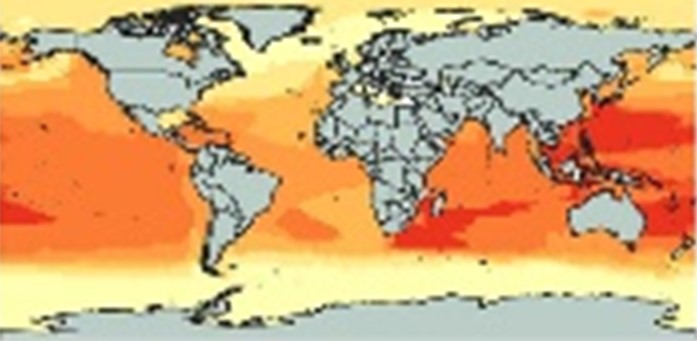
Dr. Ting Lin directs the Multi-HAZard SUStainability (HazSus) Research Group with parallel tracks in earthquake engineering and climate change, enabled by performance-based engineering and advanced technologies such as artificial intelligence, high performance computing, and virtual reality. Her research specifically focuses on probabilistic physics-based seismic hazard/risk analysis interfacing earthquake science/engineering and probabilistic sea-level rise hazard analysis (PSLRHA) incorporating polar ice melting uncertainty. Lin is the Committee Chair of the COSMOS/EERI/SSA Bruce Bolt Medal and the Former Committee Chair of the ASCE SEI Advances in Information Technology. She has served on delegation/working group/committees under COP15, NEHRP, SCEC, NIST, UJNR, & NASEM, and as a lead guest editor/session chair and reviewer for journals, conferences, & funding agencies. Her work has been implemented in hazard mapping, modeling software, and building codes & guidelines.
Wind Hazard and Infrastructure Performance (WHIP) Center
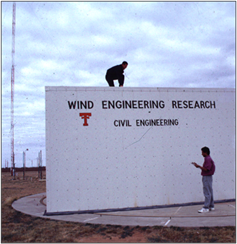
Dr. Kishor Mehta, P.W. Horn Distinguished Professor (ret.) is member of the National Academy of Engineering, and Distinguished Member of ASCE. He was Center Director for the NSF IUCRC Wind Hazard and Infrastructure Performance (WHIP) Center, the position he held for the past five years and has stepped down recently. Over the last fifty-four years his research focus has been on wind hazards and their impact on buildings and structures. His accomplishments include in-situ damage documentation, wind pressures on building in the field, technical criteria for in-residence shelter, and development of national wind load standard ASCE 7, EF-Scale for tornado intensity, and multidisciplinary doctoral curriculum for wind science and engineering.
Investigation of cross-frame stiffness and stability in steel bridges
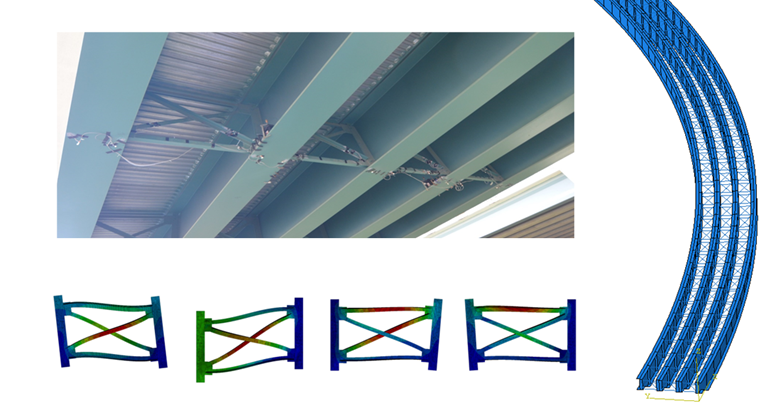
The behavior of cross-frames varies depending on bridge conditions and loading types. Additionally, the approach used to model cross-frames can significantly impact performance predictions for girder stability during construction and for cross-frame fatigue under in-service traffic loading.
Dr. Sunghyun Park’s research includes laboratory tests, field experiments, and finite element analysis.
Uncertainty Quantification and Management in Computational Science and Engineering
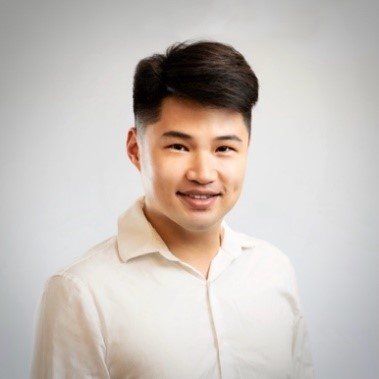
Dr. Zhiheng Wang serves as a member of the ASCE Engineering Mechanics Institute (EMI) Probabilistic Methods Committee (PMC). His group develops novel methodologies and algorithms for uncertainty quantification and scientific machine learning, with applications to complex systems in science and engineering, such as structures, materials, hazards (wind, earthquake, fire), and aerospace, etc., aiming to enhance the sustainability, resilience, and efficiency of engineering design, decision-making, and optimization processes.
Tornado Effects on Civil Infrastructure and Hazard Mitigation
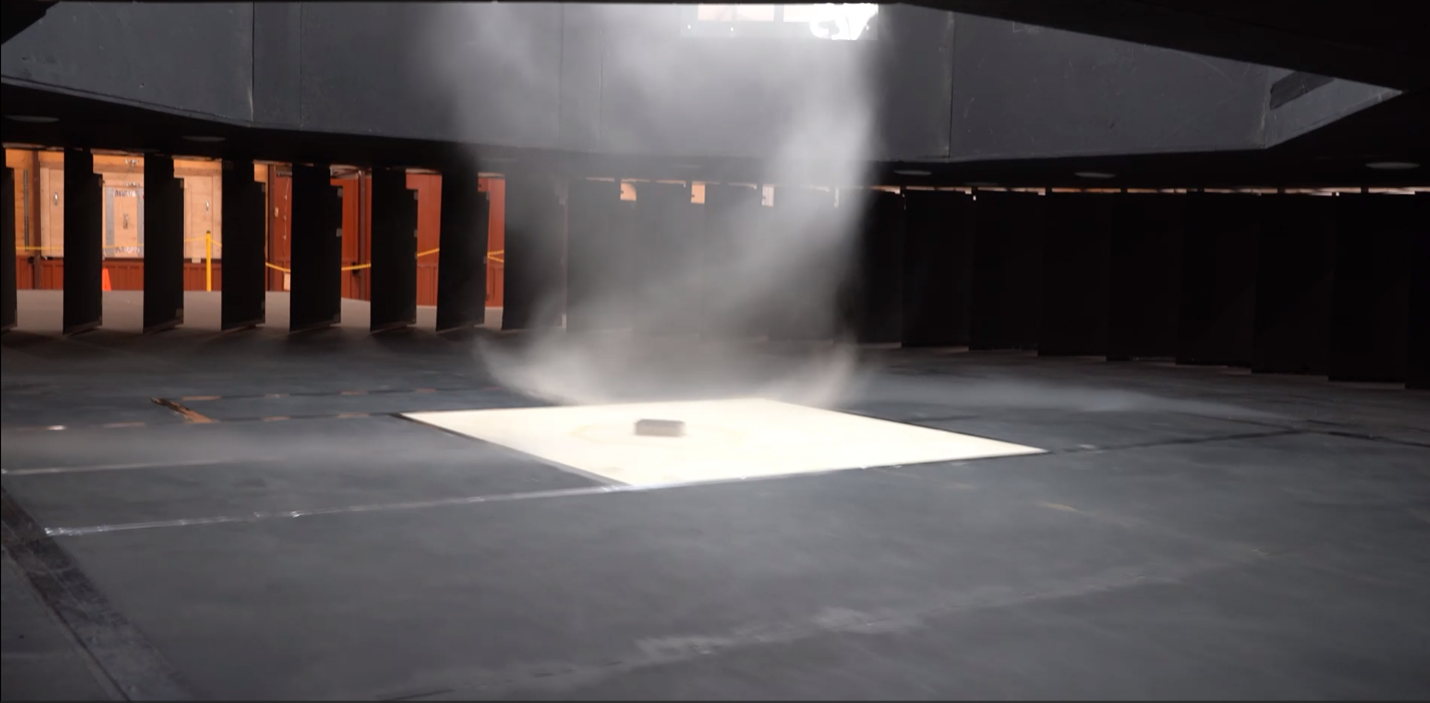
Dr. Delong Zuo has been pursuing research related to tornadoes, their devastating effects on civil infrastructure, and the mitigation of these effects. In recent years, his research has received support from the National Science Foundation (NSF), the NSF-supported Industry-University Cooperative Research Center for Wind Hazard and Infrastructure Performance, and the Central Research Institute of Electric Power Industry of Japan that support this research. Using the funds provided by these entities, a research team led by Dr. Zuo has conducted both laboratory testing and numerical simulations based on computational fluid mechanics to characterize tornado-like vortices and the loading on buildings by these vortices. The outcomes of the characterization have also been used as a basis to probabilistically simulate tornado loading on buildings and investigate the structural response of the buildings to the loading. This enables the evaluation of risks that tornadoes cause to buildings and potential development of strategies and countermeasures for reducing the risks.
Department of Civil, Environmental & Construction Engineering
-
Address
Texas Tech University, Box 41023 | Lubbock, TX 79409−1023 -
Phone
806.742.3523 -
Email
cece@ttu.edu
